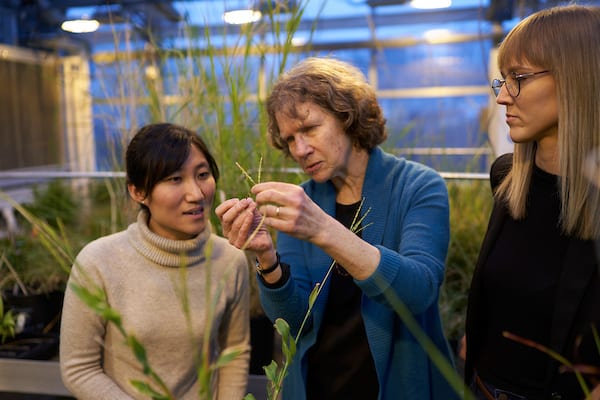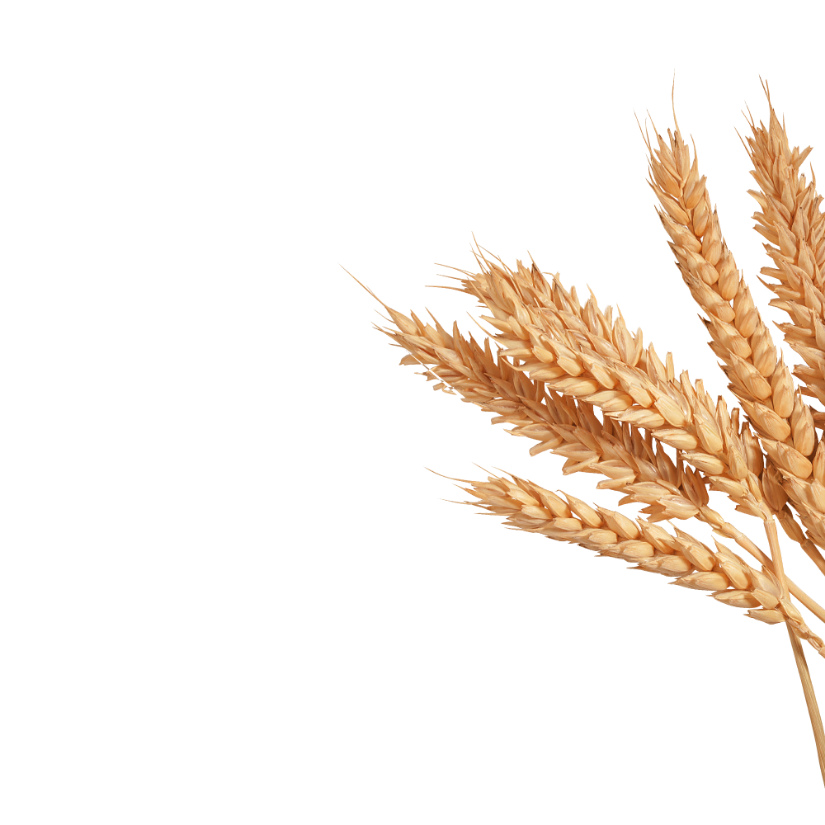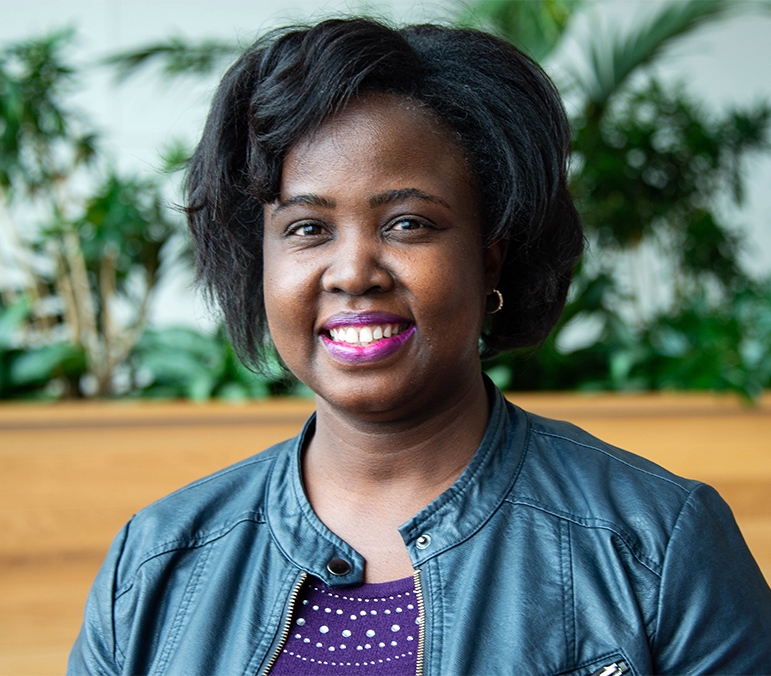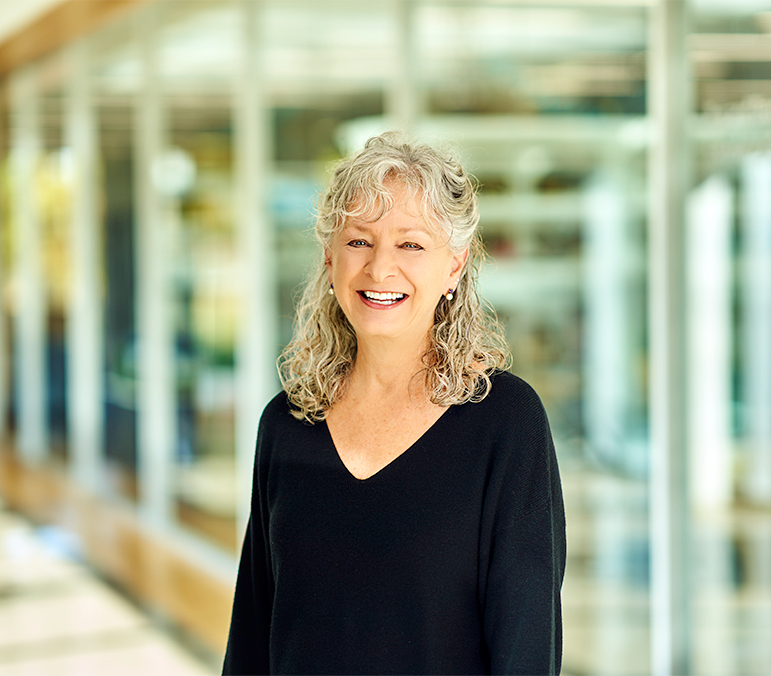Discovery is a Gift
Sometimes simple questions require complex answers. At Dr. Elizabeth “Toby” Kellogg’s lab at the Danforth Center, the team uses comparative biology to answer some of life’s most basic queries.
“The basic question in my lab is ‘Is it the same or is it different?’” says Toby. “Remember that bit on Sesame Street, one of these things is not like the other? That’s what we do.”
Toby and her team use a wide array of high-tech, cutting-edge tools: DNA sequencing, the polymerase chain reaction, CRISPR, and advanced microscopy all feature prominently.
“Everything is done in a comparative context,” she explains. “We’re looking at the genes that control diversity, and we’re interested in how processes differ across species.”
Those differences could hold the key to helping plants sequester more carbon, or yield more, or use resources more efficiently—all improvements that would help feed the world and preserve our planet.
Function Follows Form, Even on the Farm
Toby is especially interested in plant morphology–the study of biological forms–and its impact on crop development. She recalls a critical moment from early in her career, when a fellow scientist showed her a picture of a corn plant with a mutation in a single gene. Instead of the tall and skinny stalk she knew, it was short and bushy, with a staggering number of leaves.
“It was like a light bulb went off,” she says. “I’d been looking at plant morphology throughout my career, but the idea that we could find genes that controlled it was incredible.”
Today, Toby is interested in a range of plant characteristics, from seed shattering (dropping seeds upon ripening) to salt tolerance, to carbon fixation. In each case, she sees the vast implications of each simple improvement: things like like hunger prevention, improved human health, and environmental sustainability.
“We’re looking at things like what’s making particular wild plants adapt to particular environments, especially heat and drought,” she says. “Traits that could allow us to grow more food in more areas without using more water or fertilizer.”
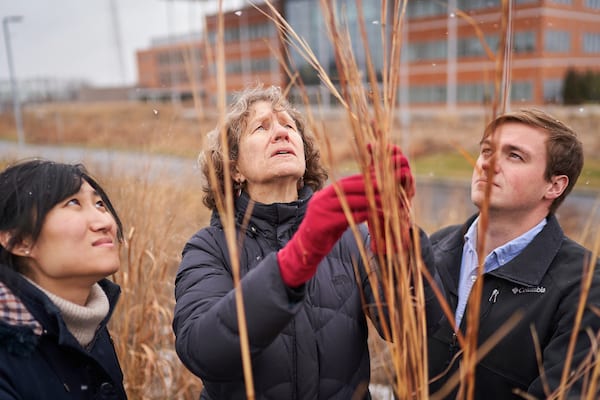
The Challenges Ahead
As enthusiastic as she is about what can be accomplished at a place like the Danforth Center, Toby is equally clear-eyed about the hurdles along the way.
“Plant blindness is real,” she says. “The majority of the U.S. population is not connected to the source of their food in a direct way. Because of that, most people aren’t aware of how much we depend on plants and plant research.”
Facing these circumstances, Toby says she’s most proud of her students and trainees. “Because they are the future of plant science. We’re going to need very bright people tracking these issues.”
